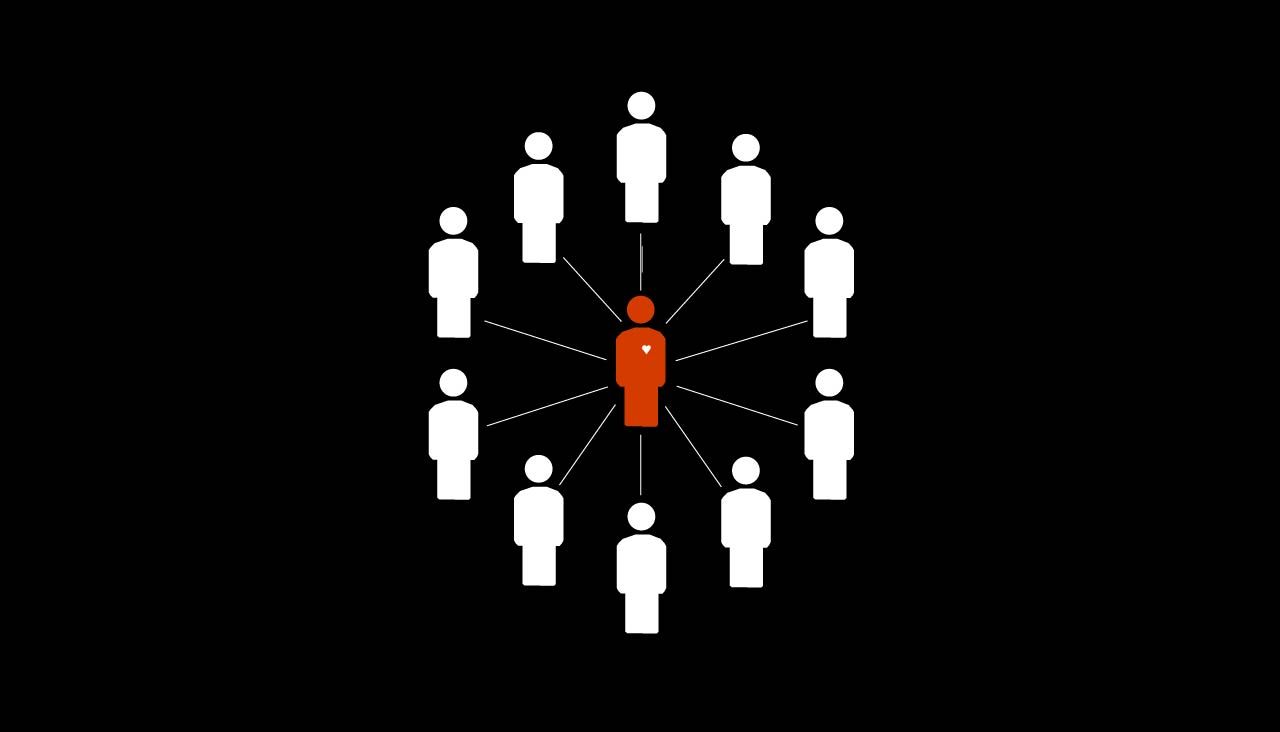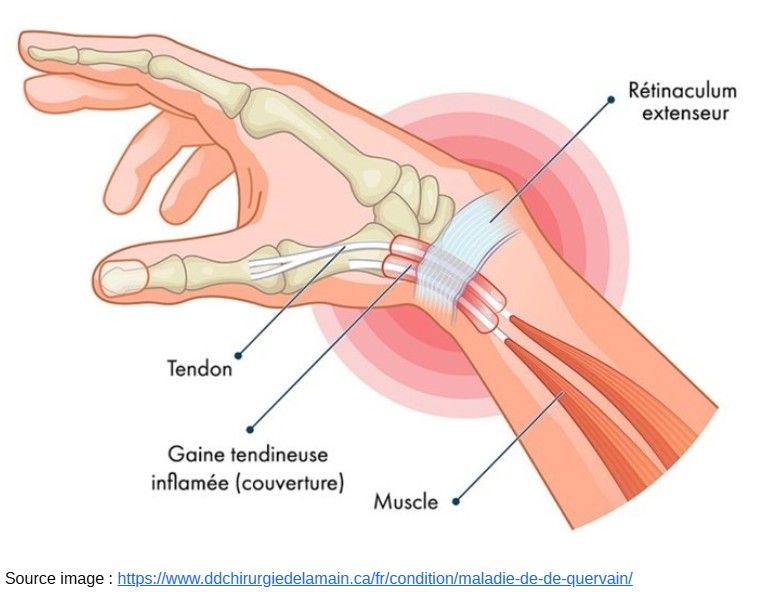
Why integrating psychological health into physical rehabilitation is essential for lasting healing
In the field of rehabilitation, the focus is often on physical treatment: pain relief, restoration of mobility, and muscle strengthening. However, a crucial aspect is often overlooked: mental health. More and more studies show that psychological well-being is closely linked to physical recovery, especially in the context of chronic pain management. Integrating mental health support into an interdisciplinary care pathway can significantly improve outcomes, quality of life, and reduce the risks of relapse.
Why is mental health crucial in rehabilitation?
An injury or a chronic condition does not only leave marks on the body. Persistent pain, loss of independence, and the inability to resume activities can lead to:
- Anxiety about the future
- A drop in motivation to continue with treatments
- A feeling of frustration or helplessness
- Sometimes even from depression
Chronic stress is detrimental to tissue healing and weakens the immune system. Conversely, a stable mental state encourages active participation in treatments, whether in physiotherapy, occupational therapy, or in adapted physical activity.
An interdisciplinary approach focused on overall well-being
In an interdisciplinary clinic like Physio-Ostéo Globalité, mental health is integrated at the heart of the care process. It is not a separate treatment, but an essential component of the rehabilitation process. The team may include:
- The physiotherapist, who adapts their interventions taking into account the emotional reactions to pain
- The occupational therapist, who facilitates the return to meaningful activities
- The psychologist or the social worker, to support stress management and acceptance
- The doctor, who coordinates medical or pharmacological care if necessary
This approach allows to consider the bio-psycho-social profile of the patient and to propose personalized and sustainable strategies.
Common symptoms of psychological distress in a rehabilitation context
Recognizing the signs of distress is essential for prompt intervention:
- Sleep disorders
- Irritabilité ou humeur dépressive
- Fear of movement or relapses
- Isolement social
- Decreased adherence to treatment plan
A simple conversation can be enough to open the door to appropriate support.
Strategies to promote mental health during rehabilitation
Here are some practical tools to incorporate into your daily routine:
Mindfulness and breathing: meditation, body scan, or cardiac coherence to relieve stress
Progressive goals: set realistic milestones to celebrate each small victory
Tracking journal: record pain, moods, and progress to monitor overall progress
Social and physical activity: maintain social connections despite physical limitations to keep your spirits up
When to seek psychological support
Even without a diagnosis, occasional support can be beneficial. It becomes particularly relevant in cases of:
- Persistent anxiety or depression symptoms
- Trauma related to an injury
- Frequent relapses due to fear of movement
- Difficulties returning to work or restoring balance in life
Psychological health directly influences the ability to heal. At Physio-Ostéo Globalité, we firmly believe that overall well-being is the key to a full recovery. Taking care of your mental health means speeding up recovery, preventing relapses, and regaining self-confidence.

Back pain: how physiotherapy relieves lo...
Persistent lower back pain? Discover how physiotherapy can effectively relieve your backache with a ...
Lire plus...
Mental health and rehabilitation: an und...
Mental health, often overlooked, plays a crucial role in the success of a rehabilitation process. Di...
Lire plus...
Thumb Pain: Understanding De Quervain’s ...
Is sharp pain at the base of your thumb making it hard to text or lift your coffee? Discover what De...
Lire plus...